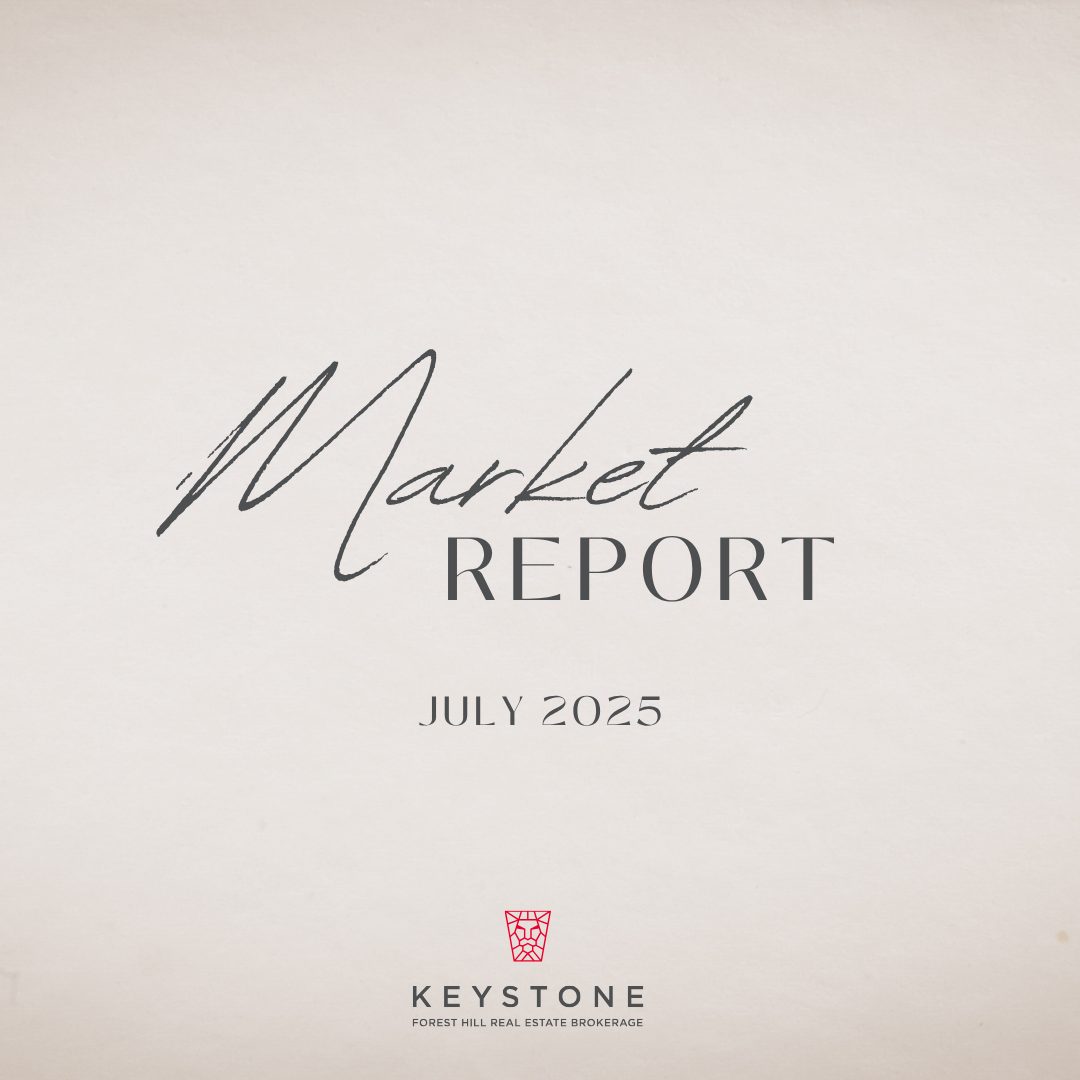#MarketSnapshot
GTA Home Sales See Strongest July Since 2021
The Greater Toronto Area (GTA) recorded its best home sales performance for the month of July since 2021. Sales increased at a faster pace than new listings, indicating a slight tightening in market conditions compared to last year.
“Improved affordability—thanks to lower home prices and borrowing costs—is beginning to drive more home sales,” said Elechia Barry-Sproule, President of the Toronto Regional Real Estate Board (TRREB). “While further relief, especially in borrowing costs, is needed, it’s encouraging to see more households finding affordable homeownership options.”
In July 2025, GTA REALTORS® reported 6,100 home sales through TRREB’s MLS® System, a 10.9% increase over July 2024. New listings reached 17,613, up 5.7% year-over-year.
On a seasonally adjusted basis, home sales rose compared to June 2025. Although new listings also increased, they did so at a slower pace, contributing to tighter market conditions.
The MLS® Home Price Index (HPI) Composite Benchmark dropped 5.4% compared to July 2024. The average selling price was $1,051,719, down 5.5% year-over-year. However, both the MLS® HPI and average price remained flat month-over-month on a seasonally adjusted basis.
“Recent data suggest the Canadian economy is stagnating amid ongoing trade uncertainty with the United States,” said TRREB Chief Information Officer Jason Mercer. “One way to support the economy is by boosting domestic growth, and housing can play a big role. Additional interest rate cuts would likely stimulate more home sales and generate economic spin-offs, including job creation.”
TRREB CEO John DiMichele also addressed misconceptions about the federal foreign buyer ban. “While many believe foreign nationals are completely barred from purchasing Canadian residential properties, several exemptions exist,” he explained. “Foreign buyers can still purchase multi-unit buildings with four or more units, vacant land, land for development, and some residential properties in non-urban areas—including recreational properties. These transactions continue to bring economic benefits.”













